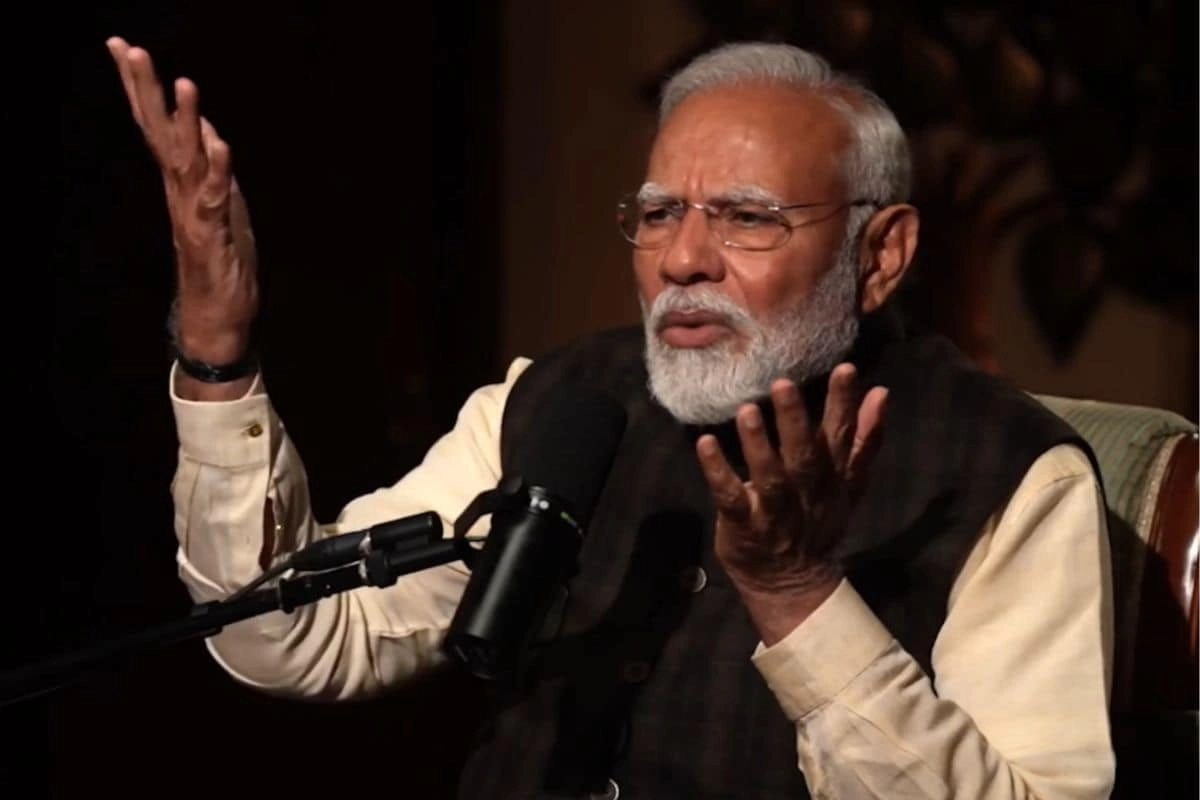In a recent statement, JD Vance, the U.S. Senator from Ohio, expressed a strong stance regarding the ongoing conflict between India and Pakistan. He articulated that the issues between the two nations are fundamentally “none of our business.” This remark highlights a growing sentiment among some U.S. lawmakers who believe that America should avoid entanglement in foreign disputes that do not directly impact national interests. Vance’s viewpoint reflects a broader debate about the role of the United States in international conflicts, particularly in regions where historical and cultural complexities abound.
Vance’s comments come at a time when tensions between India and Pakistan have been escalating, particularly over territorial disputes and longstanding grievances rooted in colonial history. The two countries have a fraught relationship, marked by several wars and ongoing military confrontations. Despite this, Vance’s assertion suggests that the U.S. should prioritize its domestic issues and refrain from intervening in conflicts that do not pose an immediate threat to American security or economic stability. This perspective resonates with a segment of the American public that is increasingly skeptical of foreign military engagements and interventions that have historically led to protracted conflicts with little to show for the investment.
Critics of Vance may argue that the U.S. has a moral obligation to intervene in humanitarian crises and to promote stability in volatile regions. They contend that neglecting the India-Pakistan conflict could lead to wider regional instability, which might eventually have repercussions that affect global security, including potential nuclear escalation. However, Vance’s position emphasizes a more isolationist approach, advocating for a focus on American priorities rather than taking on the role of a global policeman. This debate over intervention versus non-intervention is not new, but it has gained renewed urgency in light of geopolitical shifts and the changing dynamics of global power.
In conclusion, JD Vance’s declaration that the India-Pakistan conflict is “none of our business” encapsulates a significant ideological divide within U.S. foreign policy discourse. As the United States grapples with its role on the world stage, the challenge remains to balance national interests with global responsibilities. Vance’s remarks serve as a reminder that the complexities of international relations often require nuanced approaches and careful consideration of the implications of U.S. involvement abroad. As the situation develops, it will be crucial to monitor how such sentiments influence American policy and its implications for international stability.




